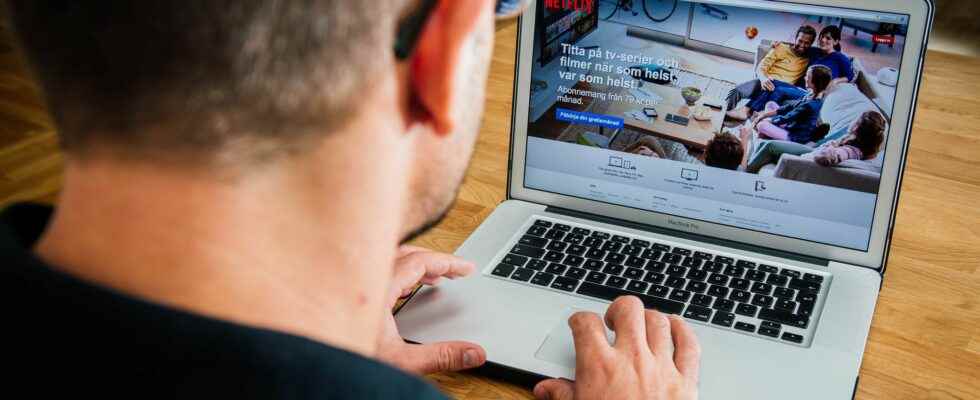It is an understatement to say that the reversal of perspective to which Olivier Babeau invites us upsets the debate on the relationship to work and leisure, the widening of inequalities and social success.
No, our society is not sick from an excess of work, explains Olivier Babeau, it suffers on the contrary from an excess of free time. Since the beginning of modern civilization, in other words since man became sedentary, never have human beings had so many moments for themselves.
No, it is no longer at school or at work that social inequalities widen, but during hours of leisure and entertainment. The use that each social group makes of its free time has even become the determining factor in their differences.
No, the way we spend our free time is not the best way to savor the moment. On the contrary, it is the best investment we make for a successful future.
No, concludes the founding president of the Sapiens Institute, free time is no longer anecdotal in our lives, it has become central.
The time for oneself has become a time without oneself
Free time can indeed be used in three ways: to develop one’s relationship with others, to develop oneself or to have fun. While we should be careful to maintain the balance between these three times, as we have done for a long time, entertainment has colonized most of our leisure time thanks to new digital technologies. Via screens, time for oneself has thus paradoxically become time without oneself, squandered and controlled by others.
This is the terrible paradox of this beginning of the 21st century, explains the man who is also a professor of economics: “At a time when the working classes manage to free themselves from the yoke of alienating work to conquer the promised land of leisure, the upper classes more than ever from leisure to work, using their time to grow, directly or indirectly, their social and economic capital, while the less fortunate are hostages of a system of which they are the raw material and not the clients.”
If social success today depends more on the way in which one occupies one’s free time than on the way in which one invests oneself in one’s professional life, it is because the muscles, as at the time of the first men, the birth , as in the time of the aristocracy, financial assets, as in the golden age of the bourgeoisie, are no longer the certain key to success. Today, the passport to success is the brain and the way we feed it, because of the considerable raising of the cognitive bar to overcome to succeed in the digital world of the 21st century.
Conclusion: wondering about the meaning of work is no longer enough. It is now urgent to question the meaning of leisure, its link with happiness being less obvious than one might have thought. Witness the increase in the number of depressions (1 in 10 French people affected each year) and the abundant consumption of antidepressants. Rediscovering the subtle art of caring is the most unexpected challenge we had to take up…
The Tyranny of Entertainment
by Olivier Babeau. Buchet Chastel, 282 pages, €21.50.
4 stars
